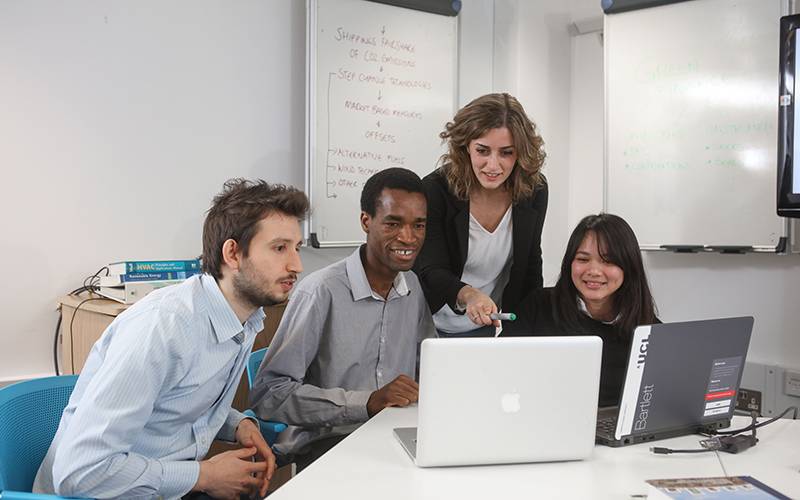Thesis Title: Algae Production On-board for Green and Sustainable Shipping
Primary supervisor: Dr. Tristan Smith
Secondary supervisor: Dr. Julia Stegemann
Sponsor (if applicable): Turkish Ministry of National Education
Starting date: 15 October 2013
Projected completion date: 15 October 2017
In 2009, following the MEPC 55 work plan, IMO agreed to reduce CO2 emissions from international shipping. One of the techniques to reduce CO2 emissions from ships is algal capture of CO2 from flue gas.
This research will analyse this technique and focus on the technical and economic feasibility of utilizing flue gas from the propulsion machinery to a PBR on board a ship. It will use a systems approach; analyse the integration of the system with those already on-board through modelling and simulation. This will develop knowledge of interactions of such a system with propulsion machinery, waste heat recovery systems, current and future environmental technologies.
The developed knowledge will be applied as a prototype on the ship M/V Sound, optimizing the technical and economic requirements through optimization techniques and numerical methods. Finally, the research will provide a map of data showing rate of the CO2 emissions reduction from the ship vs. detailed cost analysis for that given design.
Biography
Sinan gained his first degree from an international dual diploma programme between ITU Maritime Faculty and SUNY Maritime College in marine engineering. Then he has worked in a shipping company, on crude oil carriers, to get practical experience for about 2 years. After that he decided to make an academic career. His interest was to reduce oil consumptions and emissions from shipping industry.
He has completed a master’s course at University of Southampton and gained MSc in Maritime Engineering Science. His MSc thesis aimed to develop an energy storage system to be used in power management system of a ship, in order to increase the operational efficiency of diesel electric generators thus to reduce overall oil consumptions and emissions.
Then he moved his focus on nature inspired technologies to reach his aims. His PhD study is about integration of photobioreactors to ships to capture CO2 from flue gas. He will use a systems approach; analyse the integration of the system with those already on-board through modelling and simulation to develop knowledge of interactions of such a system with propulsion machinery, waste heat recovery systems, current and future environmental technologies.
 Close
Close


